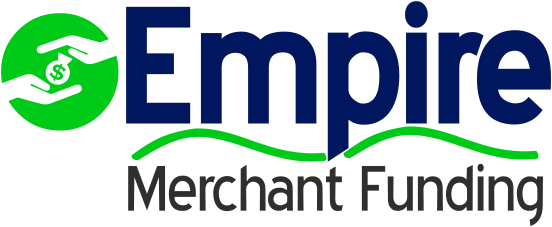The Common Business Financing Solutions: What You Should Know
As a business owner, you may find that the time comes when your cash flow is not enough to cover all of your expenses. You may be wondering what you can do in this situation. The good news is that there are many different options available for financing a business. In this article, we will go over the most common solutions and how they work so that you have a better understanding of them before making any decisions.
Common Business Financing Solutions
We are here to help you finance your business. As a business owner, you may find that the time comes when your cash flow is not enough to cover all of your expenses. You may be wondering what you can do in this situation. The good news is that there are many different options available for financing a business. In this article, we will go over the most common solutions and how they work so that you have a better understanding of them before making any decisions.
Loans from a traditional bank
Do you think of traditional bank loans first when you need money for working capital or to refinance debt? It’s hardly surprising, given that these loans are among the most sought-after in the market because of their cheap interest rates and flexible terms. You could want to check with your current bank or a nearby bank to see what they have to offer. Keep in mind that banks frequently have stringent qualification requirements.
Whether you choose a traditional bank loan or one of the newer online banks to fund your business, you’ll need to know how long the loan will take to repay.
Loans from the Small Business Administration (SBA)
For many years, the US Small Business Administration (or SBA) has aided small business borrowers in obtaining funding. The SBA does not provide loans, with the exception of disaster loans (such as the Economic Injury Disaster Loans or EIDL, which you can apply for at SBA.gov). Instead, it ensures that loans provided by participating lenders are repaid.
Business Line of Credit
A business line of credit is a revolving loan that allows you to borrow money, repay it and then reborrow the same amount over time. Business lines of credit are usually provided by banks or specialized lenders such as Capital Access Network. The interest rates on business lines of credit vary greatly depending upon your personal financial situation and other factors; be sure to ask lots of questions before applying for one.
Business Loans from Non-traditional Lenders
Many non-bank lenders provide short-term loans designed specifically for small businesses in need at moments when they need cash quickly without having to wait weeks (or even months) until traditional bank funding comes through. These may not be long-term solutions but can get you past any unexpected hurdles that come along.
Invoice financing
If you sell goods or services to other businesses (B2B), you can provide them the option to pay later. A lender can convert the invoices owed by their clients into cash. A loan secured by your accounts receivables is known as invoice financing. Invoice factoring is another option, in which a lender borrows money against invoices due from other firms and then collects on behalf of the small business. Invoice finance and factoring might be one of the more expensive types of small company loans available, so read your contract carefully.
Microloans
Did you realize that the Small Business Administration isn’t the only way to get a microloan? These smaller loans may be available from some online lenders as well as nonprofit Community Development Financial Institutions (CDFIs). Startups and entrepreneurs with less-than-perfect credit may be eligible. Connecting with a local SBA resource partner, such as your Small Business Development Center or SCORE, can help you find a microloan.
Crowdfunding
Crowdfunding may be an option for you if you have a network of friends and family, as well as keen followers or consumers. You raise funds from individuals who want to support your small business by using internet platforms, either to earn a reward or to become a lender or investor in your company. It’s a service that’s provided to start-ups. While crowdfunding has proven to be a big success for some small enterprises, it is a crowded market with many people competing on the most popular sites. You’ll need a strong marketing strategy. It’s important to remember that only a small fraction of projects reach their financial target.
Grants
Small business grants must be the most sought-after source of business funding. Grants are “free” money in the sense that they do not need to be repaid. However, because of this, everyone wants them, and even the most generous award programs face stiff competition.
Government grants are generally the first thing that comes to mind, but it’s vital to remember that the federal government does not give money away to start a business. The federal government, on the other hand, provides several incentives to small firms that assist the government in achieving its objectives. Many private firms, community organizations, and charitable foundations also make awards ranging from a few hundred dollars to tens of thousands of dollars. The standards differ depending on the group, so do your homework to discover whether you qualify.
After you’ve gone through the various financing solutions for businesses, we want to know if there are any questions that still need answering. We’re always available to chat and answer any queries.





